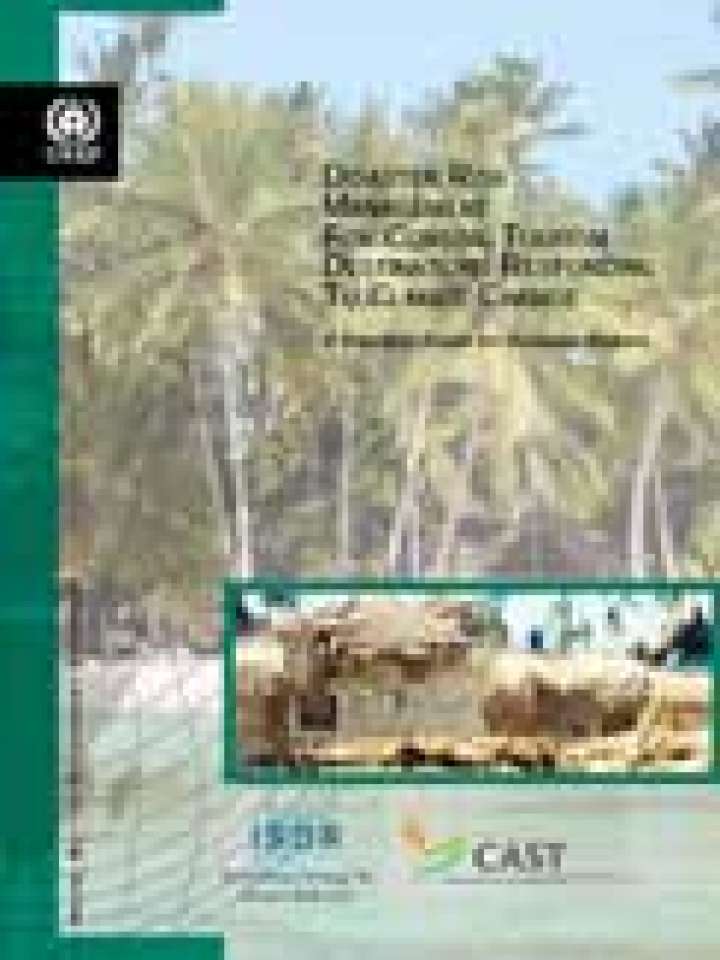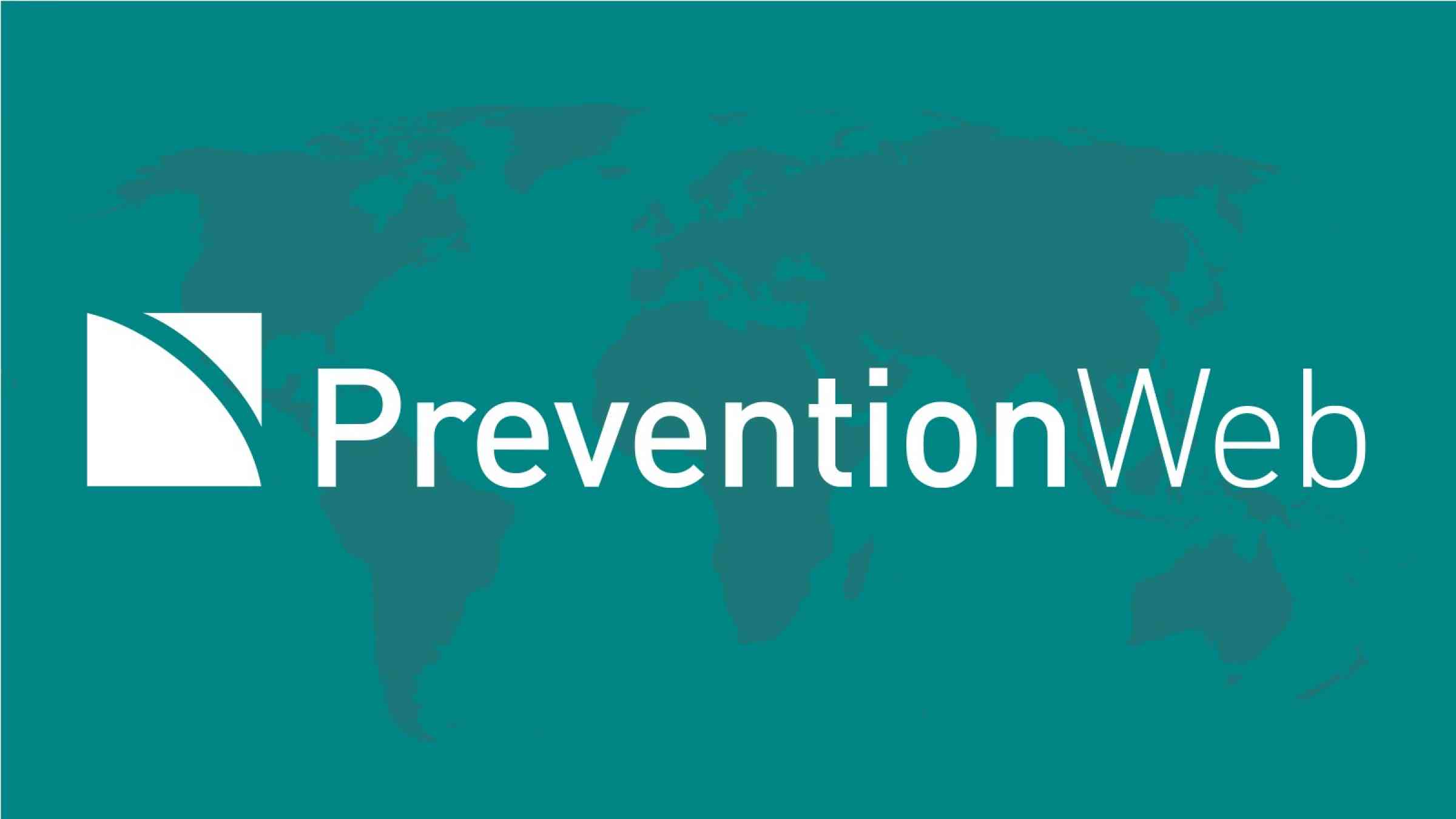Private sector
This theme addresses the capacity of the private sector to understand and anticipate, mitigate and manage situations arising from natural and man-made hazards, as well as contribute to building the capacity and resilience of communities to disasters.


